Let’s face it: getting sick is frustrating. Whether it’s a lingering sore throat, an upset stomach, or a stubborn skin infection, reaching for synthetic antibiotics feels like the only way out.
But overuse of those pills can come with a price: resistance, gut imbalance, and side effects you didn’t bargain for. That’s where herbal remedies come in.
Many herbs with antibiotic properties have been used for centuries to fight bacteria, soothe inflammation, and support immunity naturally. Backed by both tradition and science, these plants are powerful allies in your wellness toolkit.
Ready to discover the natural antibiotics hiding in your kitchen or garden? Let’s explore the most effective ones and how to use them wisely.
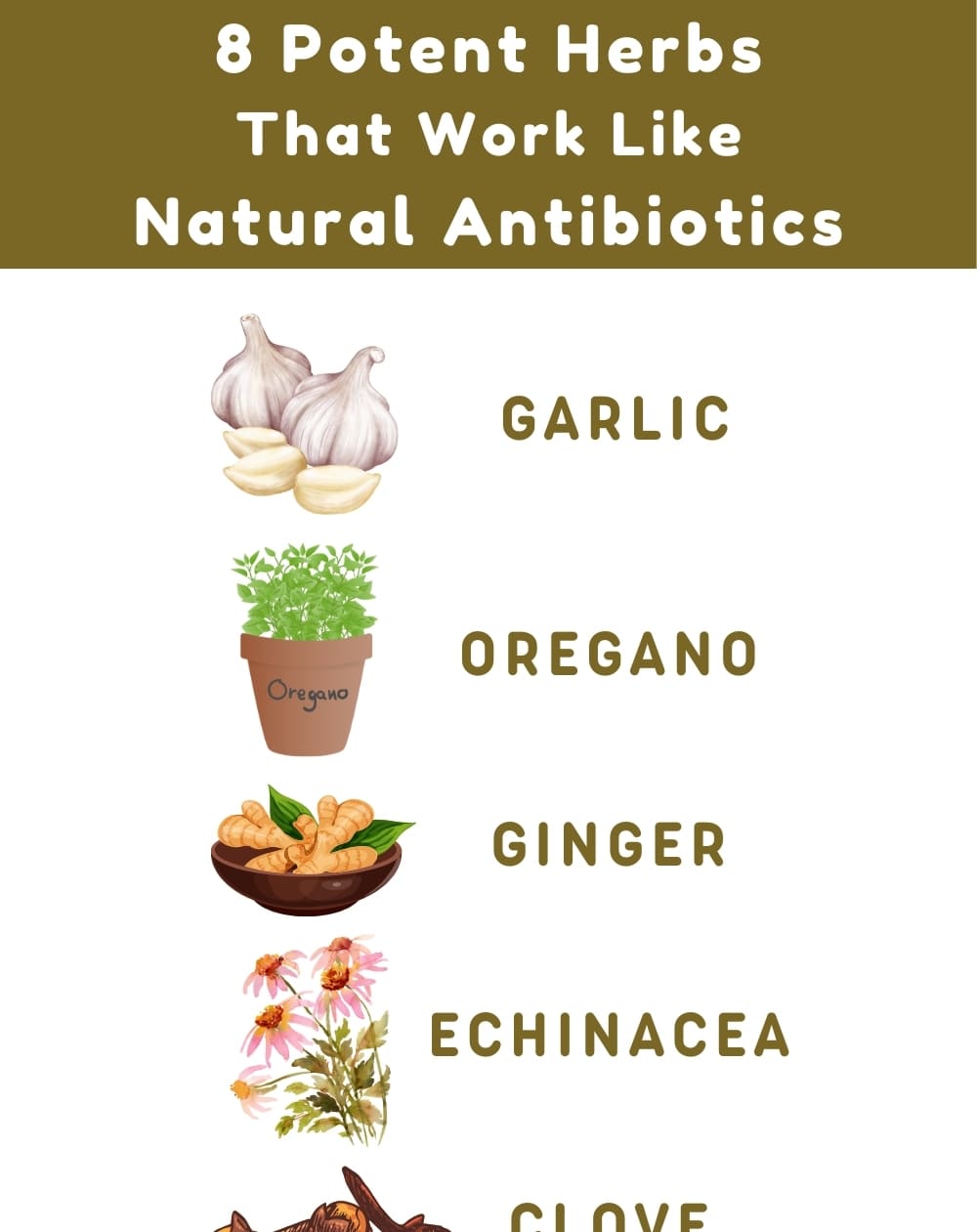
1. Garlic: Nature’s Broad-Spectrum Bacteria Buster
Garlic’s raw power lies in allicin, a sulfur compound released when the clove is crushed. This natural antibiotic fights off viruses, fungi, and bacteria without harming beneficial gut flora.
According to a study published in Microbes and Infection, garlic extract showed strong antibacterial activity against drug-resistant pathogens, including E. coli and Staphylococcus aureus.
How to Make:
First, crush 1–2 raw garlic cloves and let them sit for 10 minutes to activate the allicin. Then mix with honey or olive oil and take it straight or spread on toast.
Repeat once daily for mild infections or immune support. Raw is best because cooking reduces potency.
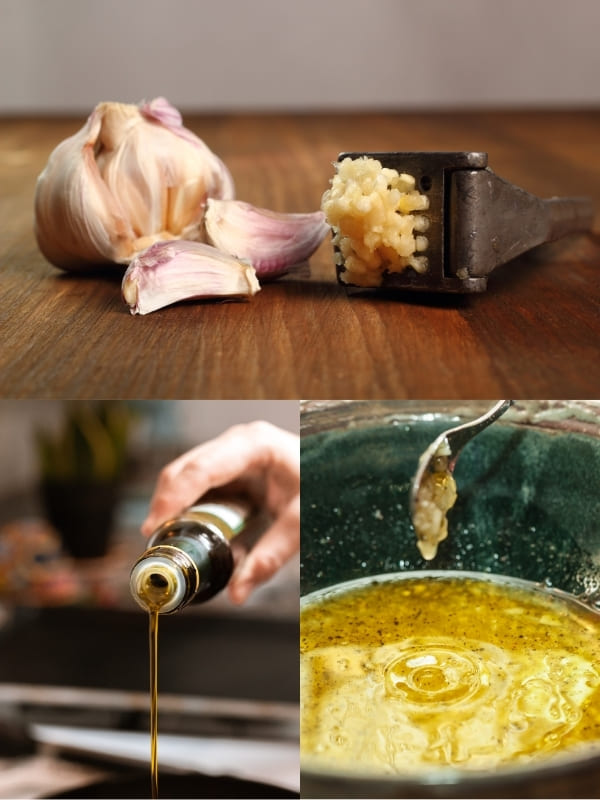
2. Oregano: The Antibacterial Oil That Packs a Punch
Oregano isn’t just for pizza. Its oil contains carvacrol and thymol, two potent compounds with antimicrobial effects that have been proven to disrupt bacterial membranes and reduce infection.
Research from Frontiers in Microbiology confirms oregano oil’s efficacy against antibiotic-resistant bacteria like MRSA and Pseudomonas aeruginosa.
How to Use:
Add 2–3 drops of oregano oil (diluted in a carrier oil like coconut) under the tongue once daily during infection. Alternatively, brew oregano tea: steep 1 tsp dried oregano in hot water for 10 minutes.
Use daily for 1–2 weeks during acute illness. Avoid oil internally if pregnant.
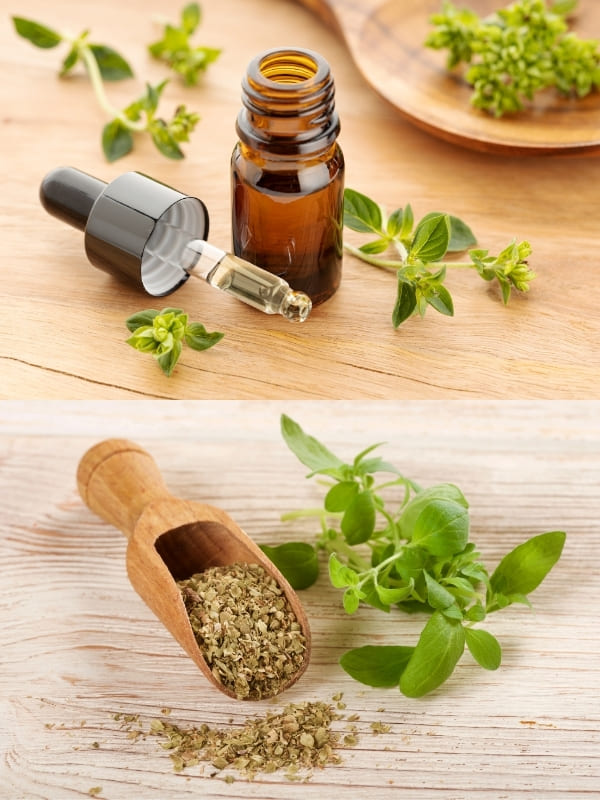
3. Ginger: The Warming Antimicrobial with Extra Benefits
Ginger brings more than heat; it offers antibacterial, antiviral, and anti-inflammatory action. Its gingerol and shogaol compounds help inhibit bacterial growth while soothing inflamed tissues.
According to a study in The Journal of Ethnopharmacology, ginger extract demonstrated antibacterial activity against Salmonella, Listeria, and Streptococcus species.
How to Make:
Slice 1 inch of fresh ginger and boil in 2 cups of water for 10–15 minutes. Add lemon and honey. Drink twice a day during illness or to prevent colds.
You’ll feel results more consistently after 3–5 days of regular use.
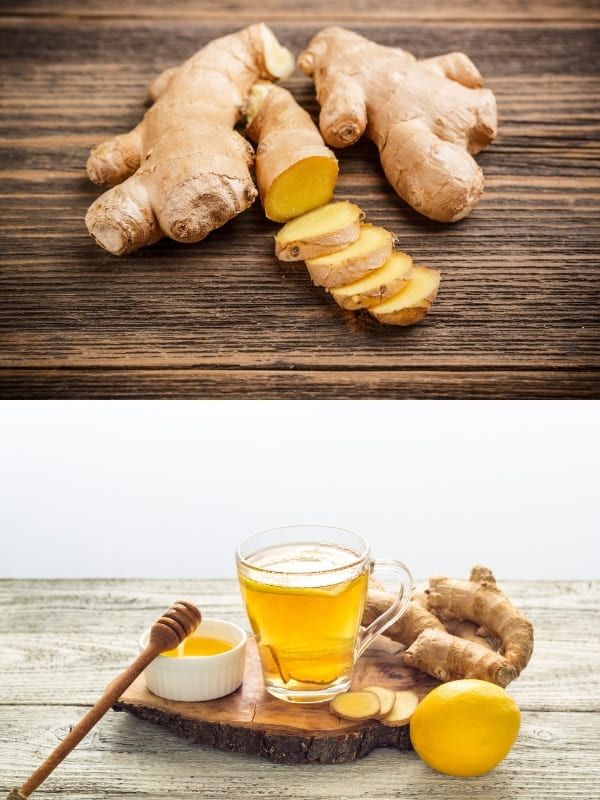
4. Echinacea: The Immune Warrior Herb
Best known for fighting colds, echinacea stimulates white blood cell production and boosts immune response while also showing antibacterial effects, particularly against respiratory pathogens.
A study in Phytomedicine revealed echinacea extract’s ability to inhibit the growth of Streptococcus pyogenes, a common cause of sore throat and tonsillitis.
How to Make:
Steep 1–2 teaspoons of dried echinacea root in boiling water for 15 minutes. Drink 2–3 times daily during early signs of infection.
Best used for short-term immune support (not more than 10 days at a time).
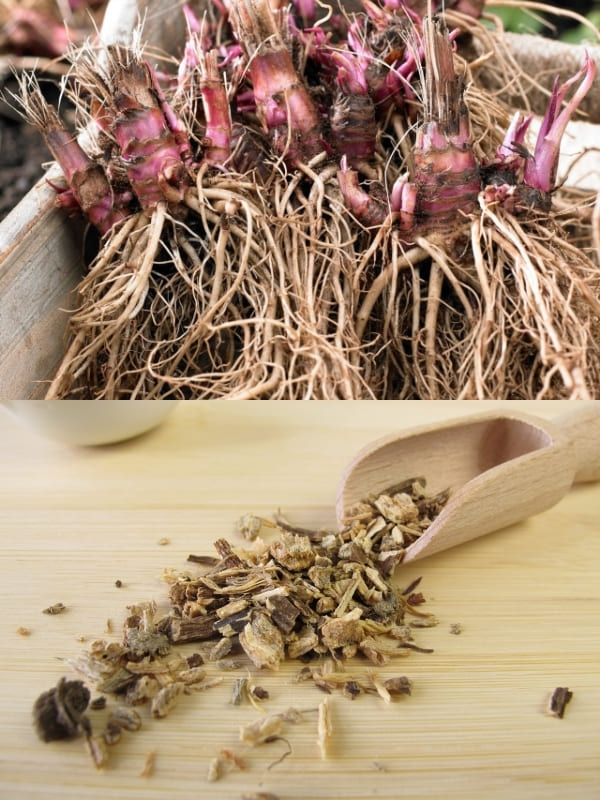
5. Clove: The Tiny Spice With Serious Germ-Fighting Power
Clove contains eugenol, a compound with natural antiseptic and antibacterial qualities. It’s effective for oral infections and digestive disturbances caused by bacteria.
According to research published in The Journal of Natural Medicines, clove oil demonstrated strong antimicrobial action against both gram-positive and gram-negative bacteria.
How to Use:
Boil 5–6 whole cloves in a cup of water for 10 minutes. Strain and sip slowly.
You can also apply diluted clove oil directly to infected gums or sore spots for fast local relief.
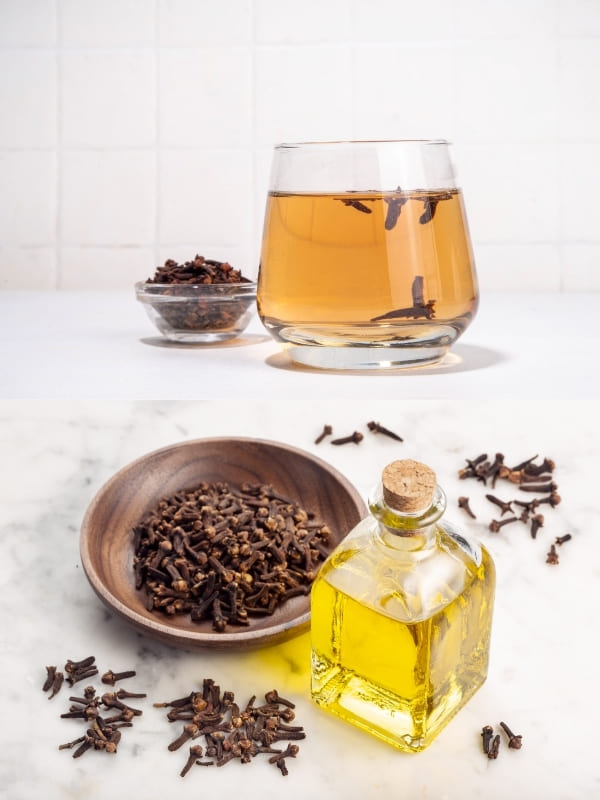
6. Thyme: A Decongestant and Bacterial Disruptor
Thyme’s potent thymol compound makes it both antiseptic and antiviral—especially effective for respiratory infections, sore throats, and sinus bacteria.
Research from the International Journal of Food Microbiology confirmed thyme’s effectiveness against respiratory pathogens and even foodborne bacteria.
How to Make:
Steep 1 teaspoon of dried thyme in hot water for 8–10 minutes. Add lemon and honey for added throat support.
Drink 2–3 times daily during infection.
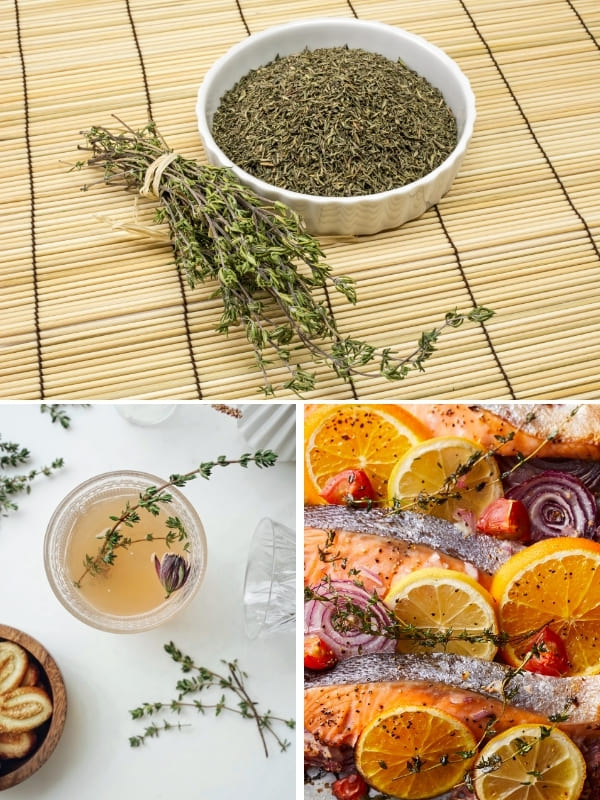
7. Turmeric: The Golden Anti-Inflammatory Powerhouse
Turmeric doesn’t just reduce inflammation—it also helps curb bacterial growth internally and externally. Its curcumin content has been found effective against Helicobacter pylori and other pathogens.
A 2019 study in the Antibiotics Journal showed curcumin’s synergistic effects with traditional antibiotics, enhancing their effectiveness.
How to Make:
Mix ½ tsp turmeric powder with a pinch of black pepper in warm almond milk. Stir well and drink before bed for general infection or inflammation relief.
Daily use over 1–2 weeks yields the best results.
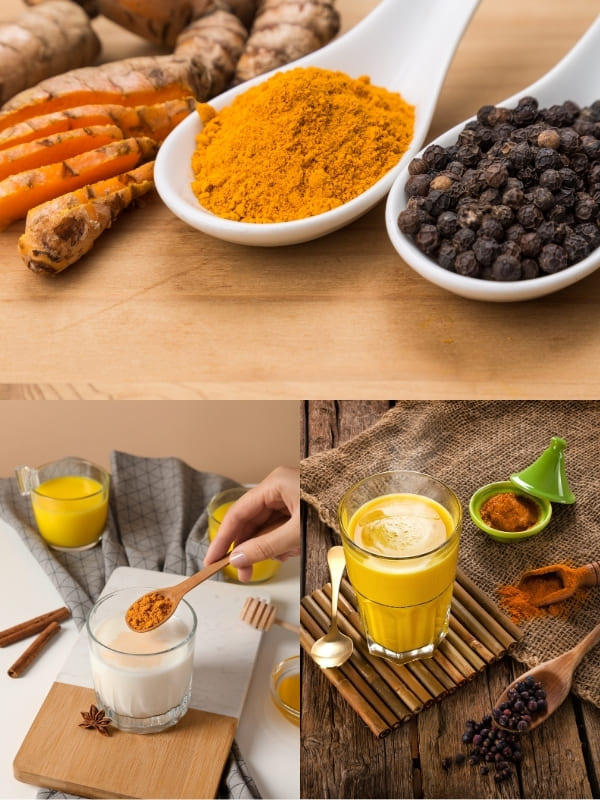
8. Goldenseal: The Traditional Infection Fighter
Goldenseal contains berberine – an alkaloid with powerful antimicrobial and anti-inflammatory properties. It’s commonly used for digestive infections, UTIs, and sinus conditions.
A study from Planta Medica showed goldenseal’s effectiveness against E. coli and Candida albicans.
How to Make:
Simmer 1 tsp dried goldenseal root in water for 15 minutes. Drink once or twice a day during acute symptoms.
Avoid long-term use (no more than 10 days per cycle).
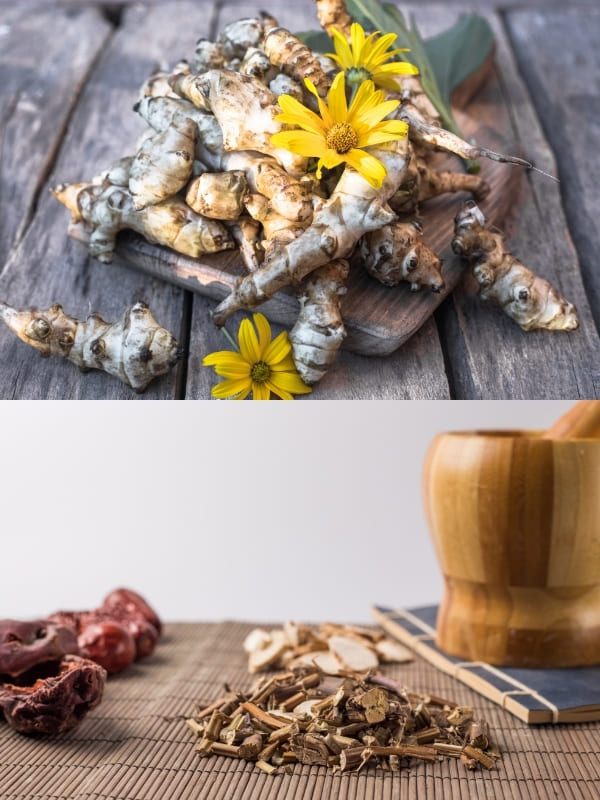
How to Incorporate These Herbal Antibiotics Into Your Daily Routine
To get the most from herbal antibiotics, don’t wait until symptoms peak. Begin at the first sign of illness: scratchy throat, fatigue, or sinus pressure. Choose 1–2 herbs depending on the type of infection:
- For colds or respiratory bugs: Try thyme, garlic, or echinacea.
- For digestive support: Use ginger, turmeric, or clove.
- For overall immunity: Alternate between turmeric and oregano for short cycles.
Build these into your meals, teas, or tinctures. Ginger-turmeric broth, garlic toast with thyme oil, or clove-thyme tea can turn daily remedies into delicious healing habits.
Consistency builds results over time, especially when paired with good sleep, hydration, and rest.

Cautions and Precautions
Although herbs are natural, they still carry risks. People with allergies to plants in the daisy or mint families should avoid echinacea and thyme.
Pregnant or breastfeeding women should avoid goldenseal and oregano oil. Always dilute essential oils before internal or topical use, never apply undiluted clove or oregano oil directly to skin.
Avoid combining herbal antibiotics with prescription medications without guidance some herbs can amplify or interfere with their effects. If symptoms persist beyond a few days or worsen, see your healthcare provider immediately.
Disclaimer
This article is intended for informational purposes only and does not serve as a substitute for professional medical advice.
Please consult your healthcare provider before using herbal remedies, especially if you are on medication or managing a chronic condition.
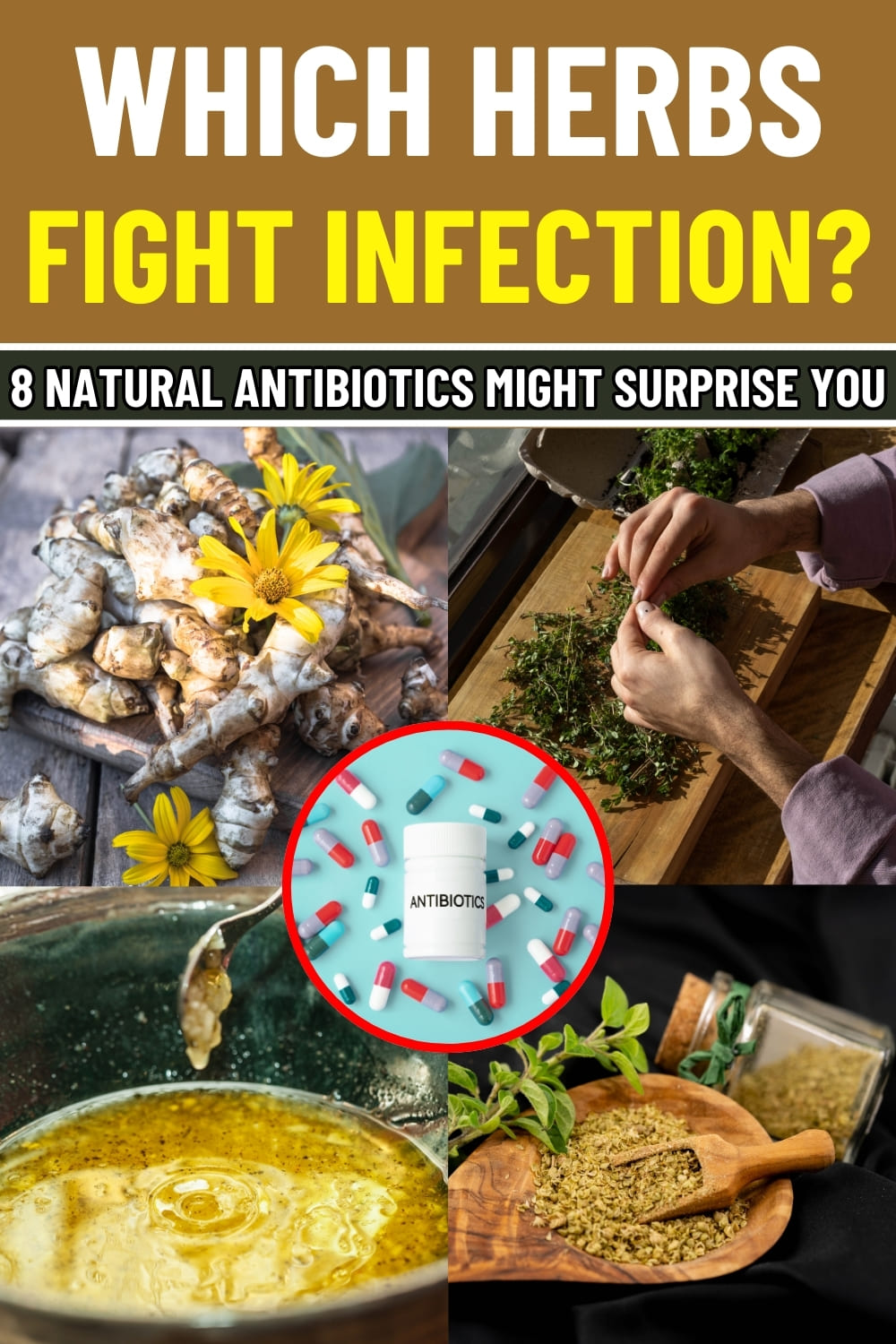
These 8 Potent Herbs Work Like Natural Antibiotics Without the Side Effects
